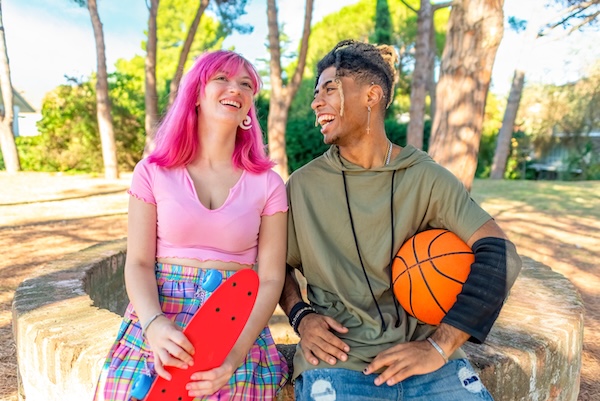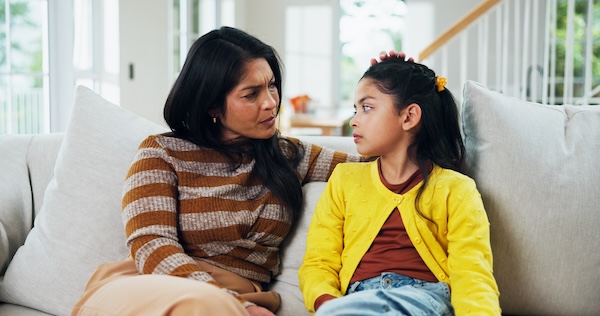Drag
Select
Call Now
Little kids, little problems. Big kids, big problems.
Kid
Teen
Parent

Our kids are increasingly learning about the challenges we face now and that future generations will inherit. These include the economy, climate change, race-related issues, social inequities, healthcare costs, partisan divisions, and the COVID-19 pandemic. They now face new challenges as the war in Ukraine unfolds on their phone screens. As kids are learning about these big problems, it will conjure up big emotions. This is an opportunity for parents and caretakers to pause and talk to their children about these issues. Here are some tips on how to do this based on age and development:
Younger kids (up to age 10)
- Listen. Kids may have thoughts and fears about what is happening, but wait until they want to talk about their concerns. Jumping into the topic when your kid is not ready may only add to the big emotions they are experiencing.
- Stick to the facts. When a kid is younger, it is harder to understand the enormity of these issues. Therefore it is important to stick to the facts. For example: “A war is happening and there are people who are in danger. However, we are safe here.” If they have follow-up questions, answer them with direct answers, but keep the message short and that they are safe.
- Limit oversharing. As an adult, you may have your own values, and emotions about the situation. Be cautious to stick to the facts, answer their specific questions.
- Modes of expression. Just as we encourage parents and caretakers to listen and not assume you know what your kid is thinking or feeling, it is also important to allow different modes of expression. Not all kids may be able to express verbally what they are thinking, so consider drawing or writing with them about their feelings,
- Leave the door open. Tell your kid to come back to you WHEN (not if) they have more emotions about the situation or questions. Using the word “when” gives them the opportunity to express their emotions more than “if.” Many kids may overhear things on the news or adults speaking about it and may misperceive what is being said. Giving a kid the space to ask more questions when they come up is important.
- Look out for triggers. For some kids who have experienced trauma or loss, discussing or hearing about these topics may cause them to feel increasing fear or depression. If your child is withdrawn, depressed, not wanting to leave the house to go to school or be with friends, then this is a sign that seeking more help is important.
Older kids (age 11 and up)
- Ask for the facts. Older children may learn about these bigger problems, including war, at school, on social media, or through friends. However, there is a risk that they are exposed to misconceptions or sensationalized content. Start the conversation by asking what they know.
- Explain why. Your kid may want to know why the war is happening and how this has happened. Stress that violence is not a good way to resolve the conflict, but that it is meant to protect certain populations and keep people safer in the future.
- Learn together. If your kid is learning about the problem on social media or the news such as watching upsetting scenes or attacks or bombings, try to restrict it if they are younger. But if they are older and seek information through social media or news outlets, watch with them and encourage them to ask questions. If you don’t know the answer, look it up from credible sources and learn together.
- Encourage compassion and help. Your kid may know someone in their friend group or school who is affected by the crisis, such as a military family member who is actively involved in the war or someone who simply lives in Ukraine. This is an opportunity to talk about how your kid can help by volunteering or donating to support families and make an impact. Being able to help not only helps other people, but it lets your kid experience what it’s like to actively make a difference.
{{famcgteen="/blogcomponents"}}
As with all challenges, big problems such as war are an opportunity for open communication with your kid and a chance to bring families together to support one another. Of course, it is important to monitor your kid’s distress. If they show signs of depression, anxiety, increased stress, or difficulty functioning, it is important to seek help from a coach or mental health professional.




